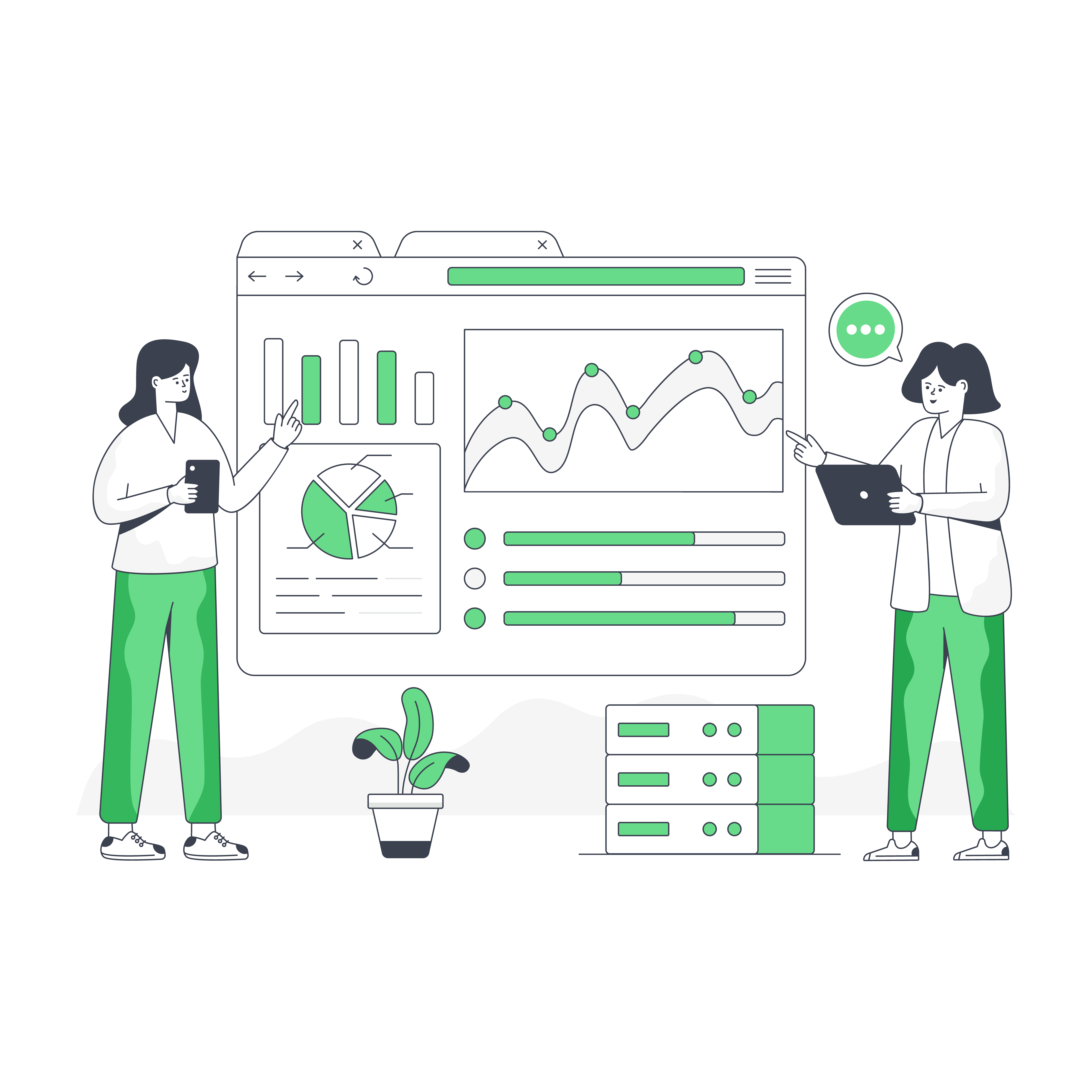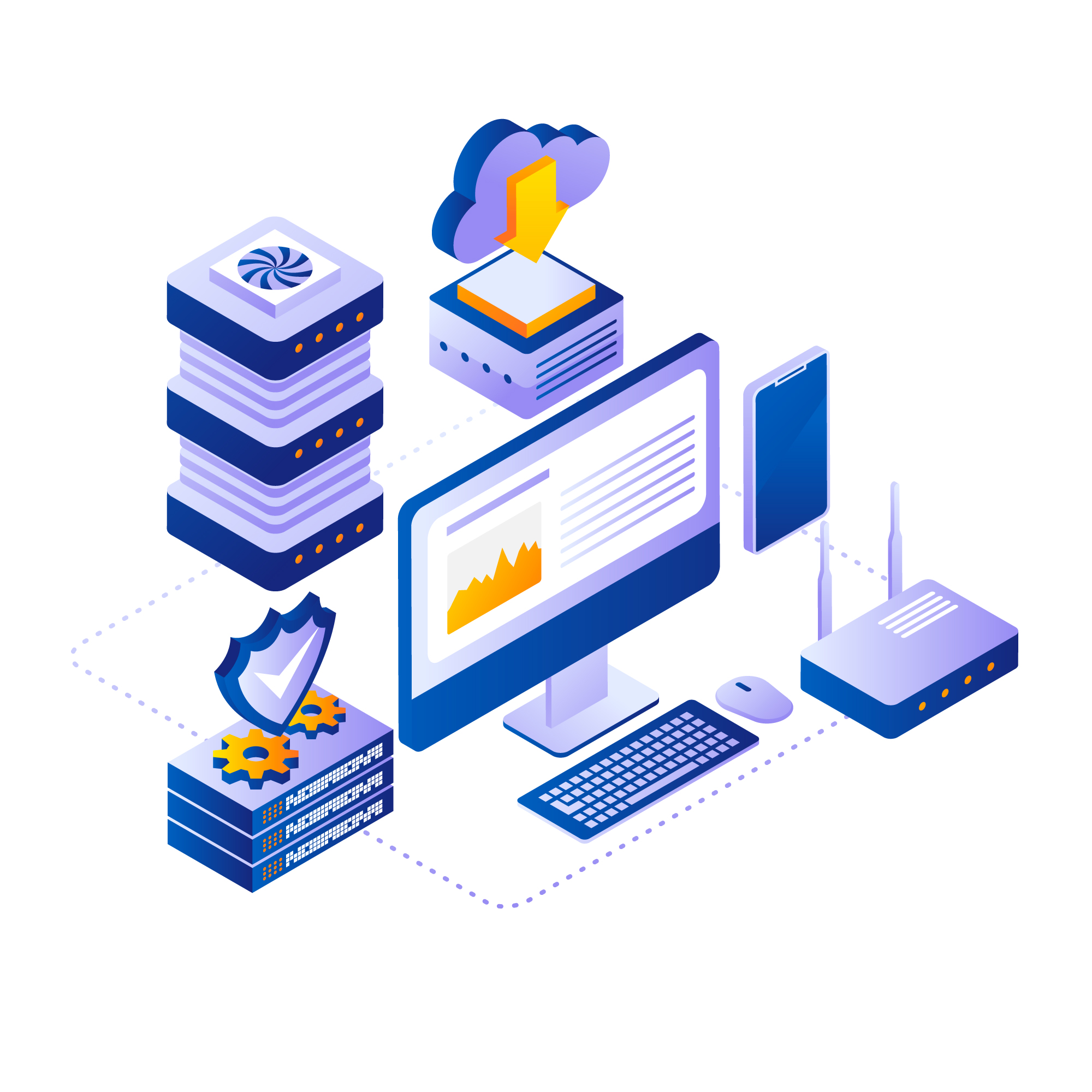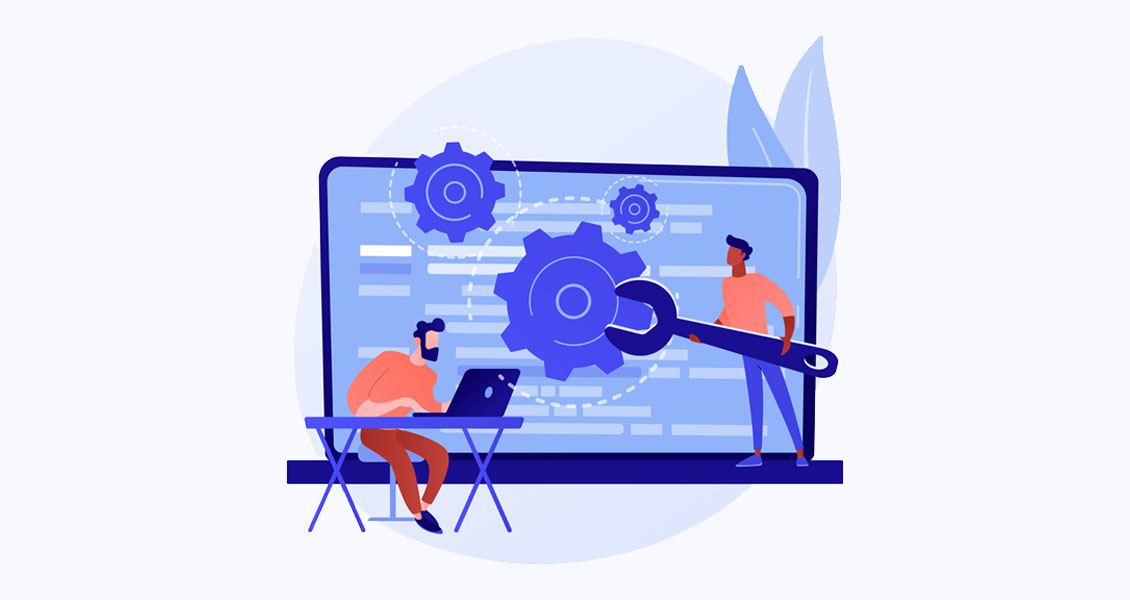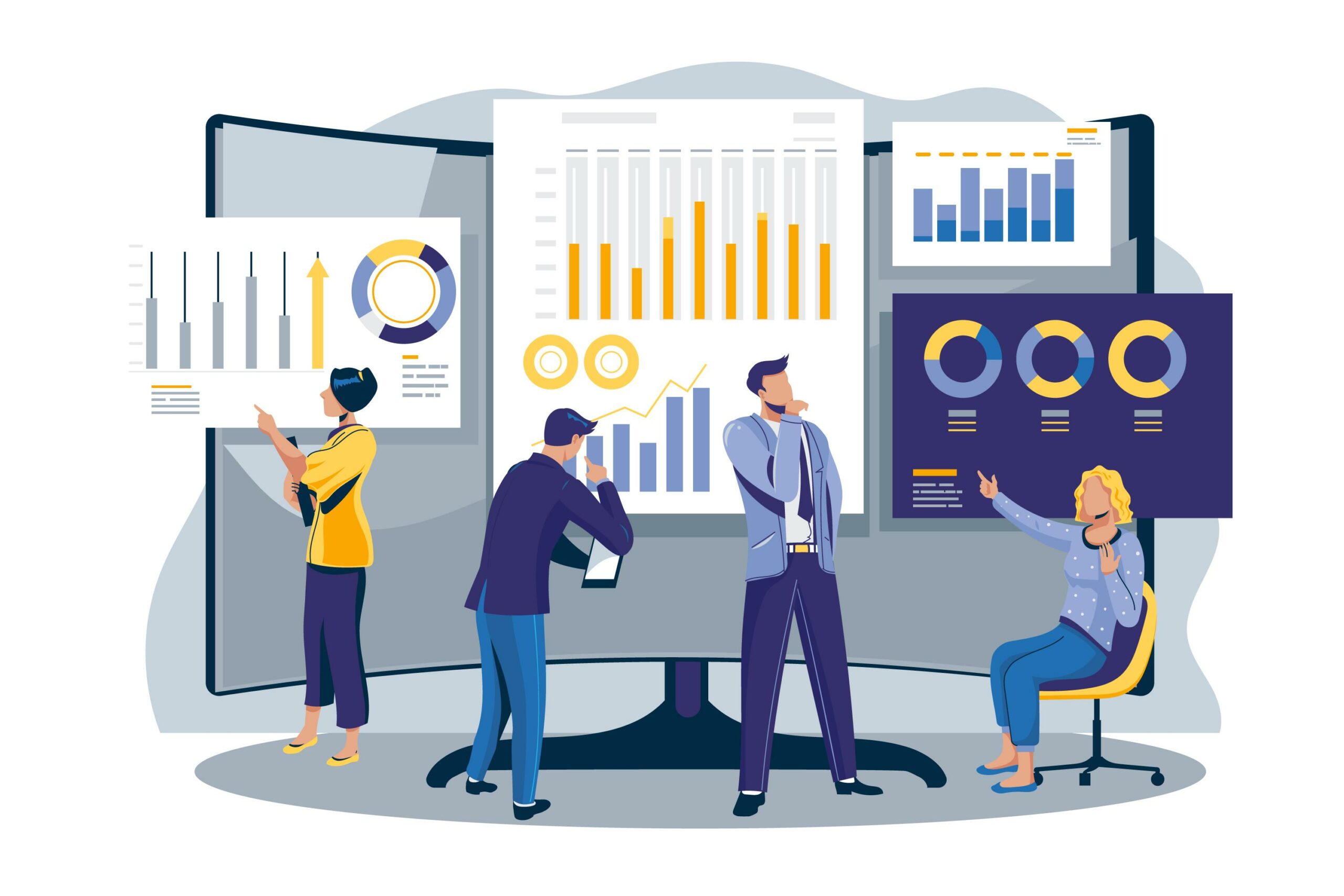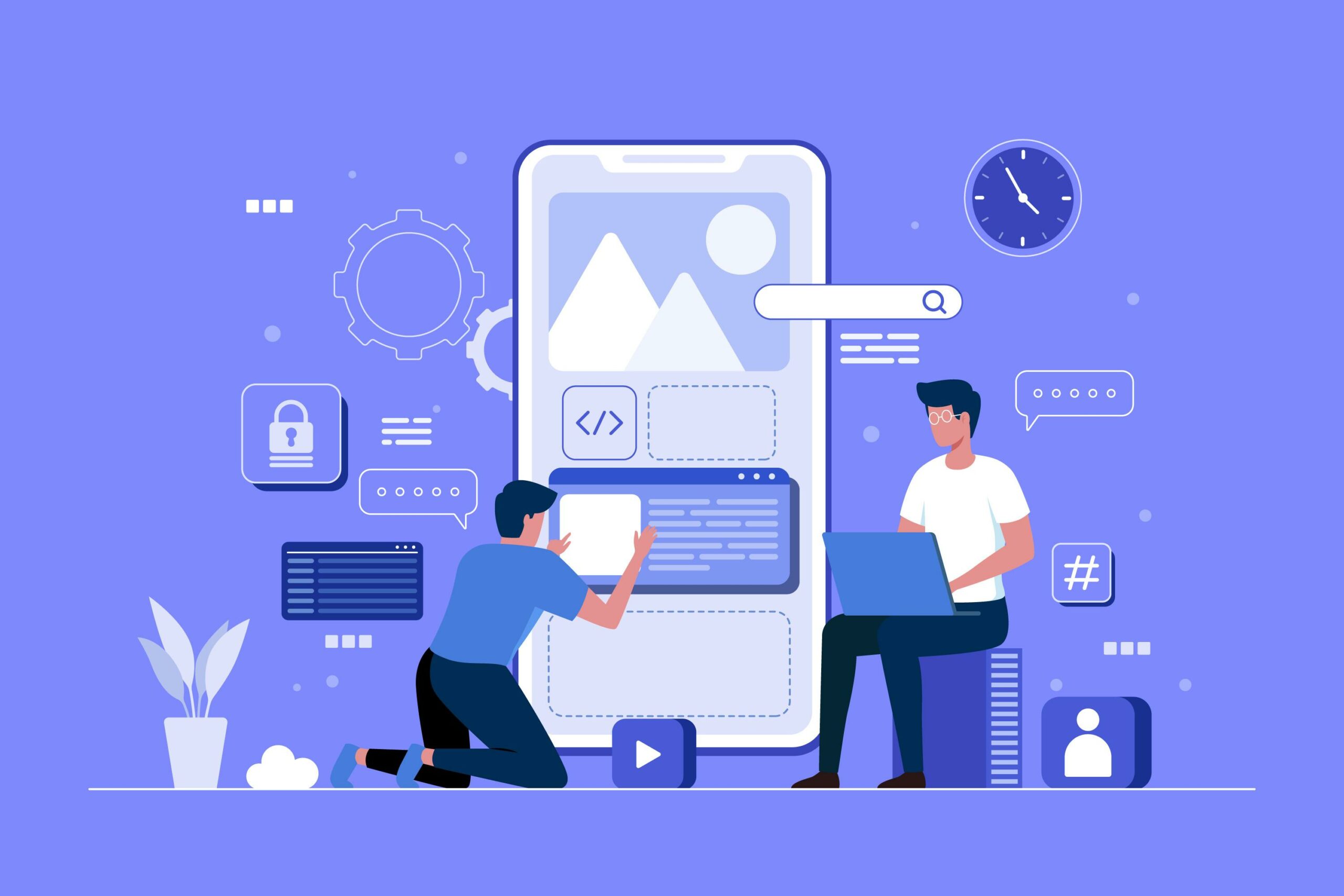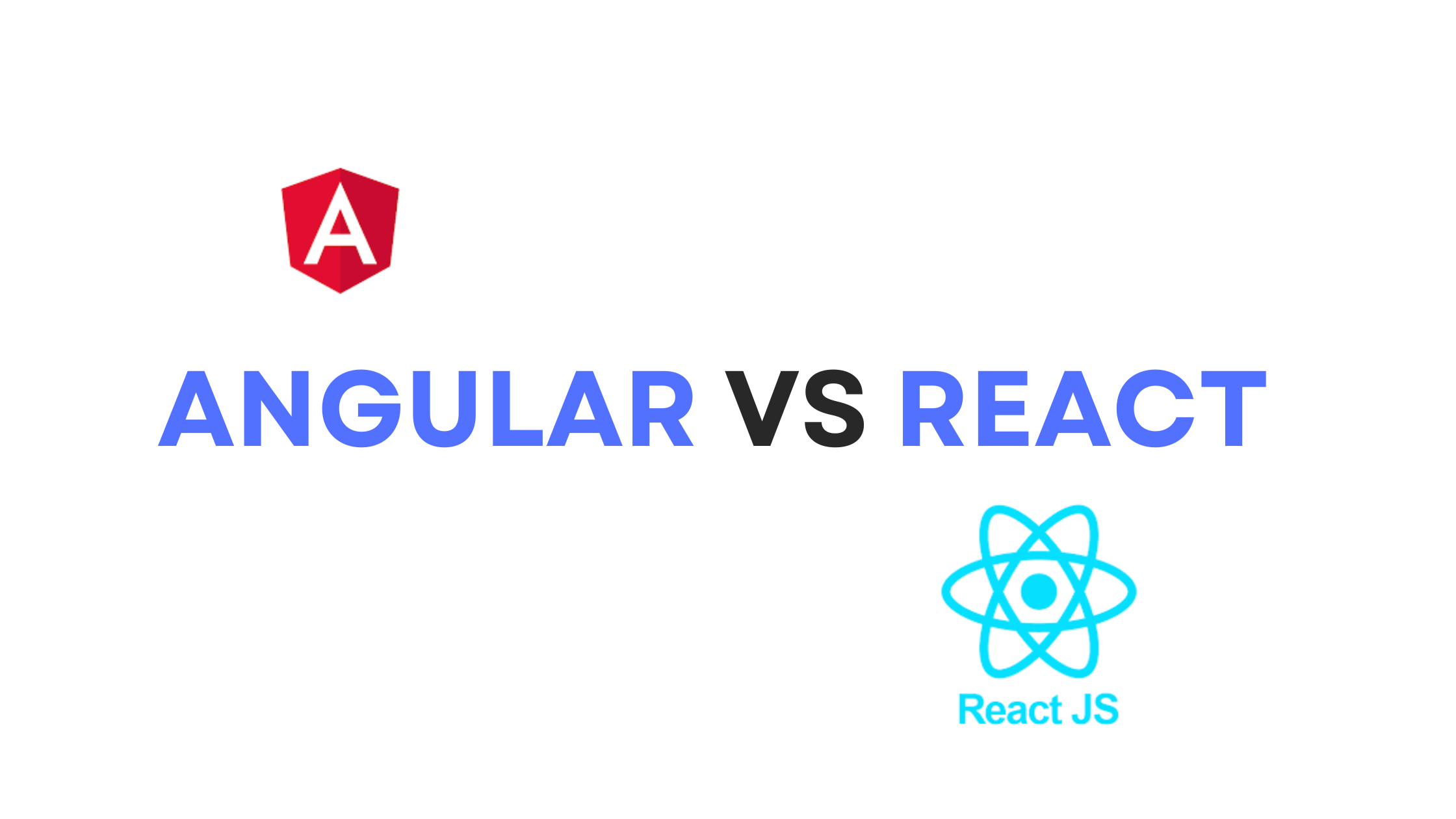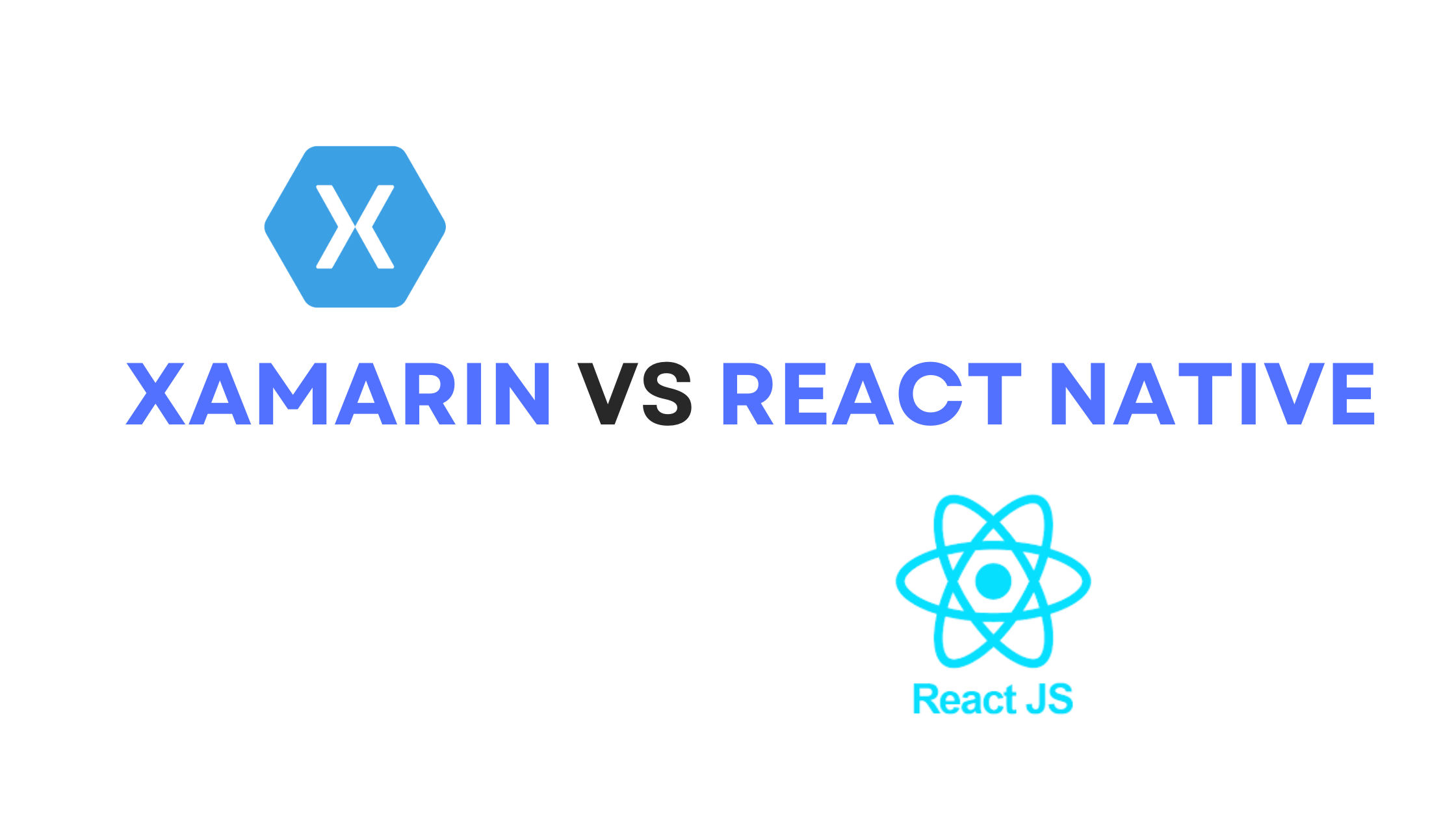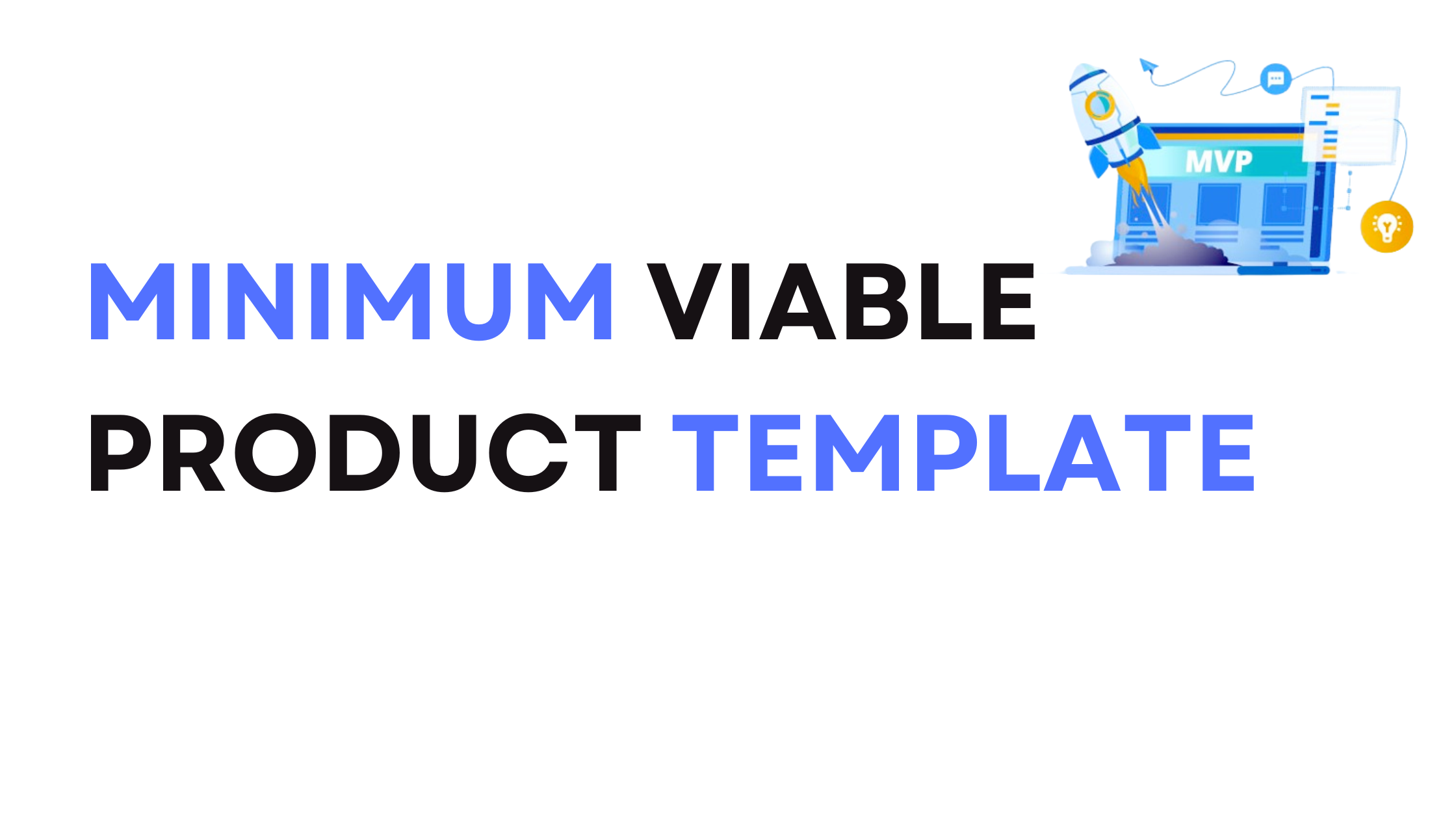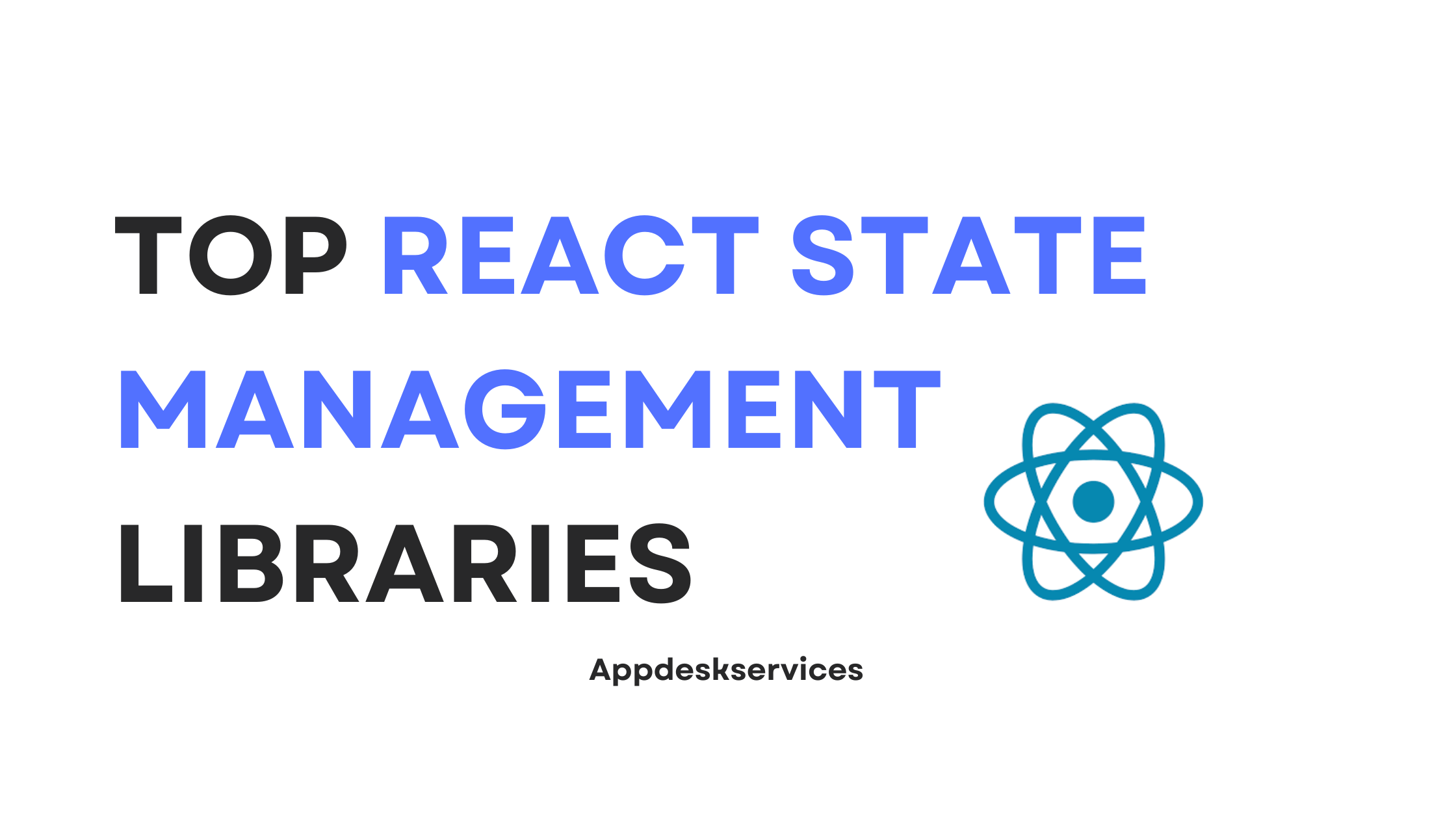MVP in Software Development refers to the development of a new product (or software) with sufficient features to satisfy early adopters. The final, complete set of features is only designed and developed after considering feedback from the product’s initial users.
Austin’s tech scene, known for its dynamic and entrepreneurial spirit, is a fertile ground for MVP development. The city has become a hub for tech startups and innovation, attracting a diverse pool of talent, investors, and resources. This environment is conducive to the MVP approach, as startups in Austin can leverage a supportive ecosystem that values experimentation, rapid iteration, and user-centric product development. The city’s culture of collaboration and openness to new ideas makes it an ideal place for startups to test their MVPs, gather feedback, and refine their products in line with market demands.

Importance of MVP in Software Development
Risk Reduction: MVP helps in mitigating the risks associated with launching a new product. By testing a basic version of the product in the market, developers can understand whether the product meets the needs of its users.
Feedback Oriented: It allows for early user feedback, which is crucial in shaping the final product. This feedback loop ensures that the product is developed according to the users’ needs and preferences.
Cost-Effective: Developing an MVP is less costly than developing a full-fledged product with all features. It allows for the efficient allocation of resources, focusing on what is essential for the market acceptance.
Faster Time to Market: MVP enables a quicker launch of the product in the market. This rapid deployment can be critical in industries where being first can be a significant advantage.
Focus on Core Value Proposition: It helps in identifying and focusing on the core value proposition of the product. By stripping away non-essential features, the MVP allows both developers and users to concentrate on the primary functionality of the product.
Benefits of MVP in Software Development
- Validates Product Viability: MVP is an excellent tool for validating the viability of a product concept before committing significant resources to its full development.
- Enhances User-Centric Design: Continuous user feedback during the MVP phase ensures that the product evolves based on what the users actually want and need.
- Attracts Early Adopters: An MVP can help in building a user base and attracting early adopters who can become loyal customers and brand advocates.
- Facilitates Iterative Development: The MVP model is conducive to an iterative development approach, where the product is continuously improved and refined based on user input and changing market dynamics.
- Potential for Early Monetization: Even in its initial form, an MVP can start generating revenue, providing valuable insights into the product’s market potential and revenue model.
Understanding MVP Development
What is MVP Development?
MVP development refers to the process of creating a Minimum Viable Product, a strategy widely used in the software and tech industry. An MVP is the most basic version of a product that includes only the essential features necessary to satisfy early adopters and to provide a functional solution. The primary goal of an MVP is not to launch a perfect product, but to introduce a basic, workable version to the market as quickly as possible. This approach allows developers and companies to learn about their product’s appeal and user preferences with minimal initial investment in terms of time and resources.
Key Components of MVP Development
Core Features: Identifying and focusing on the essential features that solve the primary problem for the target users.
Rapid Development: Aiming for a quick launch to test the product idea in the real market as soon as possible.
Feedback Loop: Gathering and analyzing user feedback to understand the product’s strengths, weaknesses, and potential improvements.
Iterative Process: Continuously improving and refining the product based on the feedback received from its initial users.
The Process of MVP Development
- Idea Validation: Before starting the development, the idea is validated to ensure it solves a real problem and has a potential market.
- Defining User Flow: Outlining the basic user journey to understand how the core features will fit together in the MVP.
- Building the MVP: Developing the product with only the necessary features to make it functional for early adopters.
- Launching: Releasing the MVP to a select group of users or a specific market segment.
- Collecting Feedback: Actively seeking feedback from early users regarding their experience, what they like, and what could be improved.
- Iterating and Improving: Making adjustments and enhancements based on the feedback, which may include adding new features or refining existing ones.
Importance of MVP Development
Risk Reduction: Minimizes the risk and cost associated with developing a full-featured product before understanding market demand.
Market Validation: Provides an opportunity to test the product in the market and validate the concept before extensive investment.
User-Centric Design: Focuses on building a product based on actual user feedback, ensuring the final product meets user needs and preferences.
Faster Time to Market: Allows for quicker launch and the ability to adapt to market changes rapidly.
Attracting Investors: Demonstrates the potential of the product to investors with real-world data and user feedback.
How Does MVP Development Work?
MVP Development is a strategy used primarily in software development and startup environments. The core idea is to create a product with just enough features to attract early customers and validate a product idea early in the product development cycle. This approach helps in testing, iterating, and improving the product based on user feedback.
Features of MVP Development
- Core Functionality: Focuses on the basic functions that define the product.
- Feedback Loop: Establishes a system for collecting and analyzing user feedback.
- Iterative Process: Involves regular updates and improvements based on user feedback.
- Reduced Costs: Limits initial development to essential features, reducing costs.
- Faster Time to Market: Aims for a quicker launch to test the market.
Pros of MVP Development
- Risk Reduction: By launching with essential features, it reduces the risk of product failure.
- Focus on Core Value: Helps in understanding what features are most valuable to customers.
- User-Driven Development: Direct feedback from initial users informs development, ensuring the product meets market needs.
- Resource Efficiency: Saves time and resources by avoiding overdevelopment.
- Investor Attraction: Demonstrates potential and practicality to investors with a real-world product.
Cons of MVP Development
- User Misinterpretation: Early users may misinterpret the product’s purpose if not enough core features are included.
- Limited Functionality: May not satisfy all users, leading to negative feedback.
- Competition Vulnerability: Early, minimal product could be quickly outpaced by competitors.
- Brand Risk: If the MVP is too bare-bones, it could harm the brand’s reputation.
- Scaling Challenges: Initial success may lead to challenges in scaling the product quickly.
Pricing
Pricing in MVP development can vary significantly based on factors like the complexity of the product, the development team’s location, and the specific market needs. Typically, MVP development can range from a few thousand to tens of thousands of dollars. Outsourcing development to regions with lower labor costs can reduce expenses, while using in-house or high-end development teams in high-cost regions can significantly increase costs.
Why is MVP Development Important?
MVP Development is a critical strategy in the startup ecosystem and software development sector. It centers around building a product with the essential features to satisfy early adopters, allowing companies to test, iterate, and improve the product based on real user feedback. This approach is crucial for validating business concepts with minimal initial investment.
Key Reasons Why MVP Development is Important
Market Validation: MVP allows businesses to test their product in the real market with actual users, providing invaluable insights into whether the product meets the market’s needs.
Cost-Effective: It minimizes the initial development costs by focusing only on core functionalities, which is crucial for startups and businesses with limited budgets.
Rapid Feedback and Adaptation: MVPs enable quick collection of user feedback, allowing businesses to adapt and refine the product in line with actual user needs.
Reduces Time to Market: By focusing on essential features, MVPs can be developed and launched quickly, providing a competitive edge in fast-moving markets.
Attracts Early Adopters: MVPs cater to early adopters who are keen on using and providing feedback on new products, creating a user base that can be leveraged for future growth.
Minimizes Risk: Launching a full-featured product without validating the market can be risky. MVP development reduces this risk by testing a basic version of the product first.
Focuses on Core Value Proposition: It helps in pinpointing the core value proposition of the product, ensuring that the development efforts are aligned with what is most critical to the users.
Facilitates Easier Pivot: If the original idea doesn’t resonate with the market, the feedback from an MVP can guide a strategic pivot with minimal sunk costs.
Limitations of MVP Development
While MVP development is crucial, it’s also important to recognize its limitations:
- Possibility of Underwhelming First Impression: If the MVP is too basic, it might fail to impress users or convey the full vision of the product.
- Risk of Oversimplification: There’s a fine balance between a viable product and an oversimplified version that doesn’t effectively demonstrate the product’s potential.
What is the Typical Cost of MVP Development in Austin?
Factors Influencing Cost
- Complexity of the MVP: The more complex the features and functionalities, the higher the development cost.
- Type of Technology Used: Advanced technologies or unique platform requirements can increase costs.
- Development Agency’s Expertise: More experienced and reputed agencies typically charge higher rates.
- Design and User Experience: High-quality design and UX/UI work can add to the cost.
- Duration of the Project: Longer development timelines can result in higher overall costs.
- Additional Services: Services like market research, user testing, and post-launch support can also impact the final price.
Cost Range
- Basic MVP Development: For a relatively simple MVP, such as a basic web application or mobile app with core functionalities, costs in Austin can range from $15,000 to $30,000.
- Intermediate Complexity: MVPs with more features, better design, and possibly integration with other services or APIs, might cost between $30,000 to $50,000.
- Advanced MVP Development: For highly complex MVPs that require advanced technologies, sophisticated design, and extensive testing, the cost could exceed $50,000.
Pricing Models
- Fixed Price Contracts: Suitable for MVPs with well-defined requirements and scope.
- Time and Material Contracts: More flexible and often used for projects where requirements may evolve over time.
Considerations for Budgeting
- Prioritize Features: Focus on the most essential features to keep costs manageable.
- Plan for Iterations: Set aside a budget for post-launch updates based on user feedback.
- Seek Transparency: Ensure clear communication about costs and services with your chosen agency.
Steps to Develop an MVP with Top MVP Development Agencies in Austin
- Identify the Core Idea: Clearly define the primary function or problem your MVP will address. This step is crucial for setting the direction of your development.
- Market Research: Conduct thorough market research to understand your target audience and competitors. This step helps in refining your MVP to meet market demands effectively.
- Choose an Agency: Select a reputable MVP development agency in Austin based on their portfolio, expertise, and client reviews.
- Initial Consultation and Planning: Work with the agency to outline your vision, set goals, and establish a roadmap for MVP development.
- Design and Prototyping: Collaborate with the agency to design the user interface and experience, followed by creating a prototype.
- Development Phase: The agency’s developers will build the MVP, focusing on the core functionalities identified in the planning phase.
- Testing and Feedback Integration: After development, conduct user testing to gather feedback, which is then used to refine the MVP.
- Launch and Market the MVP: With the agency’s help, launch the MVP to your target audience and begin marketing efforts.
- Iterate Based on Feedback: Continuously improve the MVP based on user feedback and market response.
Best Practices for Developing an MVP with Top MVP Development Agencies in Austin
Clear Communication: Ensure there is a constant flow of communication between you and the agency for transparency and alignment of goals.
Focus on User Needs: Center the development around the needs and preferences of your target user base.
Lean Approach: Emphasize building only what is necessary to test your core hypothesis to save time and resources.
Iterative Process: Be prepared to iterate on your MVP based on feedback and changing market conditions.
Set Realistic Expectations: Understand that the first version of your MVP may not be perfect and be open to learning and adapting.
Data-Driven Decisions: Make decisions based on user data and feedback rather than assumptions.
Examples of Successful MVPs Developed by Top MVP Development Agencies in Austin
Tech Startup App: A simple but effective mobile app designed for a tech startup, focusing on user engagement and feedback collection, which later evolved into a full-fledged social networking platform.
E-commerce Platform: An MVP for an e-commerce platform that started with basic online selling features and grew into a comprehensive shopping solution after receiving investor funding.
Educational Tool: A basic version of an interactive educational tool developed for a local startup, which expanded to include AI-based learning recommendations based on user feedback.
What you will get in MVP development at Austin
When considering MVP (Minimum Viable Product) development in Austin, it’s important to understand the unique offerings and advantages that this specific locale provides. Austin, known for its vibrant tech scene and startup-friendly environment, offers a distinct blend of resources and expertise for MVP development. Here’s a detailed look at what you can expect when engaging with MVP development agencies in Austin:
Access to Expertise and Innovation
- Skilled Developers: Austin’s booming tech industry is home to a wealth of talented developers experienced in the latest technologies and methodologies.
- Creative Designers: Benefit from creative professionals who can provide user-centric design, ensuring your MVP is not just functional but also engaging.
- Innovative Solutions: Agencies in Austin are often at the forefront of technological innovations, offering cutting-edge solutions for your MVP.
Comprehensive Development Services
- Customized Development: Tailored solutions that align with your specific business goals and target audience.
- Agile Methodology: Most agencies adopt agile development practices, ensuring flexibility and responsiveness throughout the development process.
- User Experience Focus: Emphasis on creating an MVP with an intuitive and user-friendly interface.
Support and Guidance
- Market Insights: Austin’s diverse and dynamic market provides a rich source of insights and trends that can be leveraged for your MVP.
- Business Strategy Alignment: Agencies not only focus on technical development but also ensure that the MVP aligns with your broader business strategy.
- Post-Launch Support: Ongoing support post-launch, including help with iterations based on user feedback.
Network and Ecosystem
- Startup Community: Access to a thriving startup community for networking, partnerships, and shared learning.
- Investor Connections: Opportunities to connect with investors who are actively looking for promising startups and new technologies.
- Collaborative Environment: Collaborate with other tech companies and startups, benefiting from a culture of innovation and shared growth.
Cost-Effectiveness and Efficiency
- Budget-Friendly Options: A range of pricing options suitable for startups and small businesses.
- Quick Time-to-Market: Efficient development processes that help in launching your MVP quickly to gain a competitive edge.
Examples of MVP Success in Austin
- Tech Startup MVPs: Examples include simple yet effective mobile or web apps that successfully validated the market need and attracted initial user bases.
- Innovative Product Launches: Startups that began with basic versions of their products and, with feedback and iteration, developed them into successful, market-fit solutions.
FAQS
- What is an MVP Development Agency in Austin?
- This question seeks to define what MVP (Minimum Viable Product) Development Agencies in Austin are and what unique characteristics they possess, particularly in the context of Austin’s tech ecosystem.
- How do MVP Development Agencies in Austin contribute to a startup’s success?
- Potential clients or startups often ask this to understand the role these agencies play in turning startup ideas into successful, market-tested products.
- What are the key factors to consider when selecting an MVP Development Agency in Austin?
- This question is crucial for businesses and entrepreneurs looking to identify the most important criteria for choosing the right agency for their MVP development needs.
- Can MVP Development Agencies in Austin cater to specific industry needs?
- This FAQ addresses whether these agencies have specialized expertise in certain industries or if they adopt a more generalist approach in MVP development.
- What is the typical cost range for MVP development with an agency in Austin?
- Understanding the financial aspect is essential for startups, and this question helps them gauge the budget required for engaging an MVP development agency in Austin.



